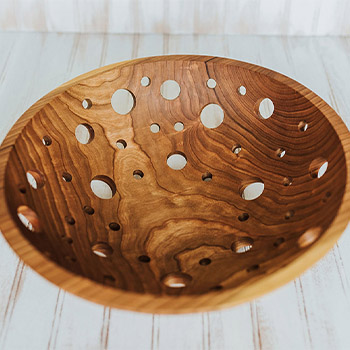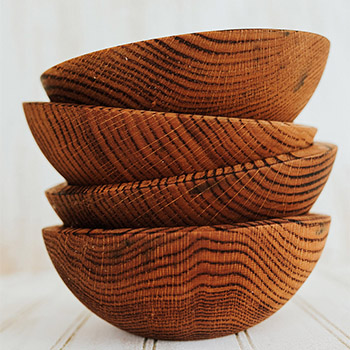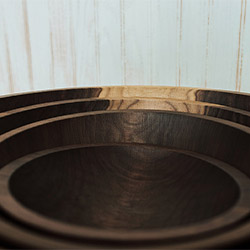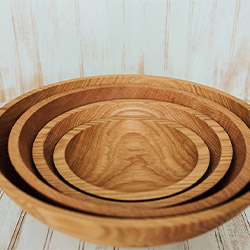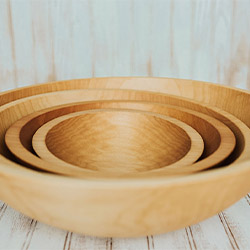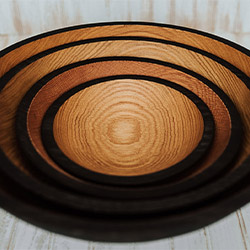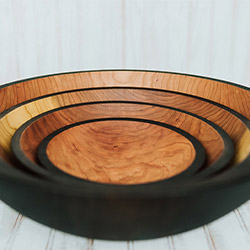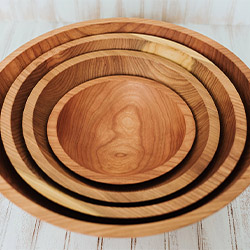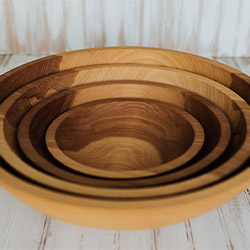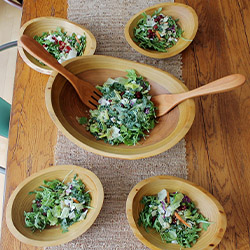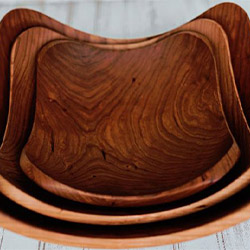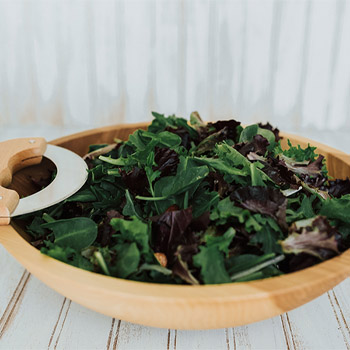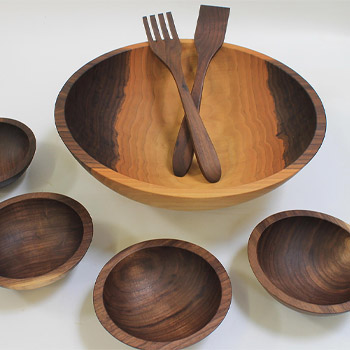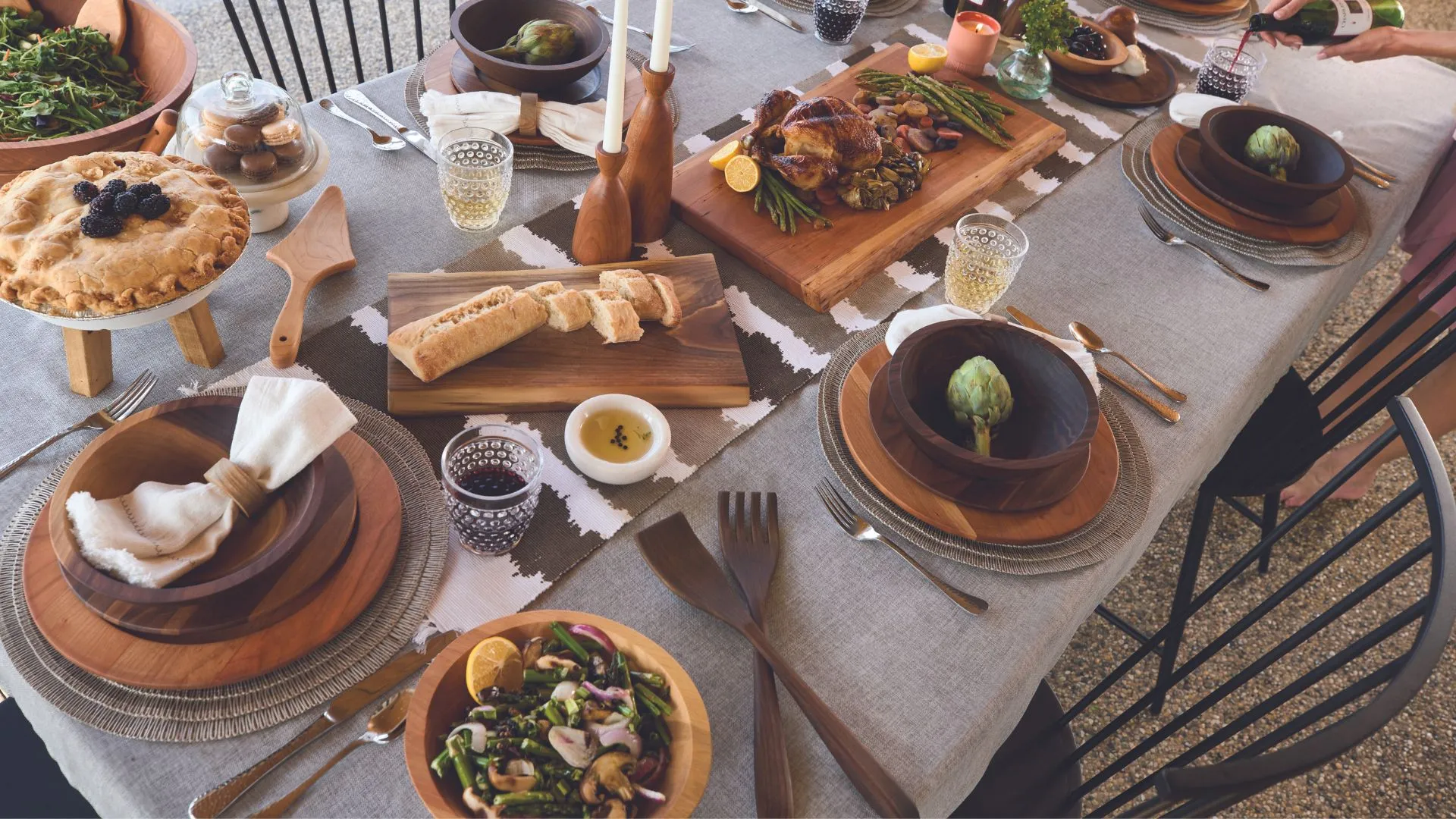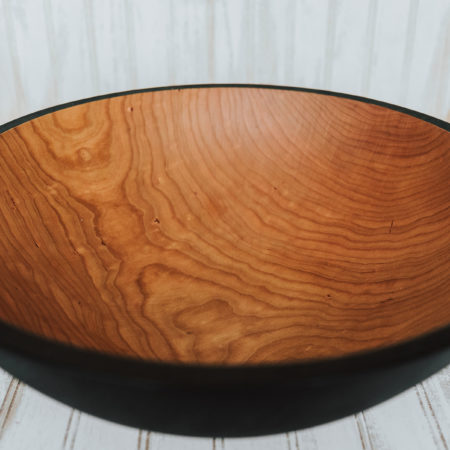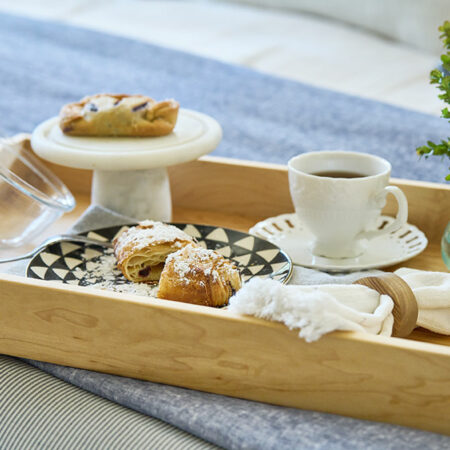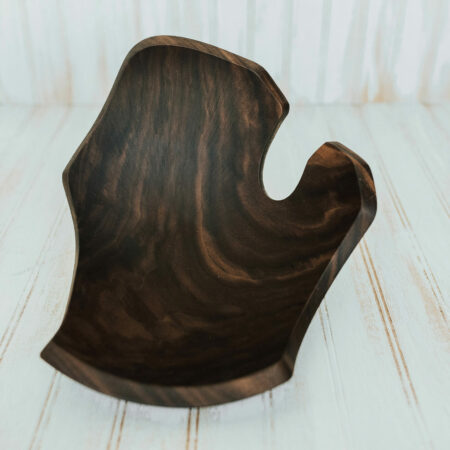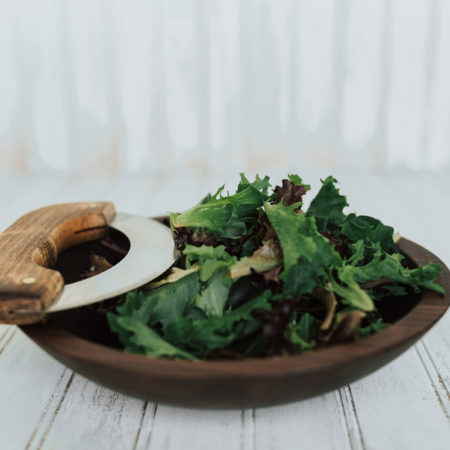Are you worried about damaging your beloved wooden utensils? Well, fear not! This article will explore the ingredients that could potentially harm your wooden utensils.
From acids to high temperatures, harsh detergents to abrasive scrubbing, and prolonged soaking, we will uncover the culprits that may cause damage.
By being aware of these potential hazards, you can ensure the longevity and beauty of your wooden utensils from Holland Bowl Mill.
So, let’s dive into the world of wooden utensil care together!
Key Takeaways
- Acids like natural fruit juices can damage wooden utensils by eating away at the protective coating.
- Wooden utensils are not as heat resistant as metal or silicone and can be damaged by high temperatures.
- Harsh detergents can strip away the protective coating of wooden utensils, so it’s best to use mild dish soap and warm water.
- Abrasive scrubbing can scratch and damage wooden utensils, so using non-abrasive cleaning methods is important.
Acids
Acids can cause damage to your wooden utensils if not properly handled and cleaned. It is important to understand how corrosive substances, such as natural fruit juices, can affect the durability and longevity of your wooden utensils.
When it comes to wooden utensils, acids can be particularly harmful. Natural fruit juices, like lemon or lime juice, contain citric acid, which can eat away at the protective coating of your wooden utensils and cause them to become porous. This can lead to the absorption of food odors and flavors, making it difficult to maintain the hygiene and integrity of your utensils.
Handling and cleaning your wooden utensils carefully is essential to prevent damage from acids. Avoid leaving acidic substances in contact with your utensils for extended periods of time, as this can accelerate the corrosive process. Instead, rinse your utensils immediately and gently scrub them with a mild soap and warm water. Avoid harsh cleaning agents or abrasive sponges, which can further damage the protective coating.
Regular maintenance is also crucial in preserving the quality of your wooden utensils. Regularly applying food-safe mineral oil or beeswax can help replenish the protective layer and prevent acids from seeping into the wood. Also, avoid exposing your wooden utensils to excessive heat or direct sunlight, which can cause them to warp or crack.
High Temperatures
Wooden utensils are an excellent choice for serving others, as they are naturally beautiful and gentle on cookware. However, they are not as heat resistant as metal or silicone utensils.
Wood has a lower thermal conductivity, meaning it does not transfer heat as quickly as other materials. This makes it more susceptible to damage when exposed to high temperatures for extended periods.
When cooking, it’s important to remember that wooden utensils should not be left in hot pots or pans for too long. The heat can cause the wood to dry out, crack, or even warp. To prevent this, always remove your wooden utensils from the heat when you’re done stirring or mixing. Additionally, avoid using them in extremely hot environments, such as grills or ovens.
Apply a food-safe oil or wax coating to the surface to protect your wooden utensils from heat damage. This helps to seal the wood and provide some level of heat resistance. However, it’s important to note that even with these precautions, wooden utensils should never be exposed to direct flames or placed in the dishwasher, as the high temperatures can still cause irreversible damage.
Harsh Detergents
When cleaning your utensils, it’s best to avoid using harsh detergents. These can strip away the protective coating and cause deterioration over time. Instead, opt for natural cleaning alternatives that are gentle yet effective. Here are some proper care and maintenance tips to help you keep your utensils in excellent condition:
- Use a mixture of mild dish soap and warm water. This gentle solution will effectively remove food residue without causing any damage to the wood. Simply soak your utensils in the mixture for a few minutes before rinsing them thoroughly.
- Apply a food-safe oil regularly. This helps to moisturize and protect the wooden surface. Mineral oil or coconut oil are great options. Simply rub a small amount of oil onto the utensils using a soft cloth.
- Avoid soaking wooden utensils. Excessive exposure to water can cause the wood to swell and warp. Instead, wash them quickly and dry them immediately after use. This will help to preserve their shape and prevent any potential damage.
Abrasive Scrubbing
To prevent scratches and maintain the quality of your utensils, be gentle when scrubbing and use a non-abrasive sponge or cloth. Taking care of your wooden utensils is crucial if you want them to last long. Wooden utensils bring warmth and elegance to your kitchen, and with proper care, they can be a reliable companion in serving delicious meals to your loved ones.
When cleaning wooden utensils, it’s important to avoid abrasive scrubbing. Scrubbing too hard can cause scratches and damage to the surface of your utensils. Instead, opt for a gentle approach. Use a non-abrasive sponge or cloth to clean your utensils. This will help to maintain their quality and keep them looking great.
In addition to using a non-abrasive sponge or cloth, you can try alternative cleaning methods. One popular method is to use a mixture of vinegar and water. Mix equal parts vinegar and water in a bowl, then dip a cloth or sponge into the mixture. Gently scrub your wooden utensils with this solution, then rinse them thoroughly with warm water.
Another alternative cleaning method is to use lemon juice and salt. Mix lemon juice and a small amount of salt to create a paste. Apply this paste to your wooden utensils and gently scrub them with a non-abrasive sponge or cloth. Rinse them well with warm water afterward.
Prolonged Soaking
To avoid potential harm, be mindful of not leaving your wooden utensils soaking in water for long periods of time. While wooden utensils are durable and can withstand regular use, they are susceptible to damage when exposed to excessive moisture. Here are some effects of moisture absorption and alternatives to prolonged soaking for cleaning your wooden utensils:
- Effects of moisture absorption
- Swelling: Prolonged exposure to water causes wooden utensils to swell, which can lead to warping and cracking.
- Bacterial growth: Moisture creates the perfect environment for bacteria to thrive, potentially contaminating your utensils and compromising food safety.
- Staining: Water can cause wooden utensils to develop unsightly stains, diminishing their appearance and making them less appealing.
- Alternatives to prolonged soaking for cleaning wooden utensils
- Handwashing: Instead of soaking, gently handwashing with mild dish soap and warm water. This method allows you to control the amount of water your wooden utensils are exposed to.
- Immediate drying: Dry your wooden utensils with a clean towel to remove residual moisture. This helps prevent moisture absorption and reduces the risk of damage.
- Oil treatment: Regularly treat your wooden utensils with food-grade mineral oil or beeswax to create a protective barrier against moisture. This enhances their longevity and adds a beautiful sheen to the wood.
Following these precautions and alternatives ensures that your wooden utensils from Holland Bowl Mill remain in excellent condition and serve you well in your culinary endeavors.
Summary
It’s important to be mindful of your ingredients and methods when cleaning wooden utensils from Holland Bowl Mill. Acids, high temperatures, harsh detergents, abrasive scrubbing, and prolonged soaking can all potentially damage the wood. By avoiding these ingredients and taking proper care of your utensils, you can ensure their longevity and natural beauty.
Remember to use gentle cleansers, mild temperatures, and soft materials when cleaning your wooden utensils to keep them in top condition. Check out our catalog today to see what beautiful wooden utensils are currently available.

